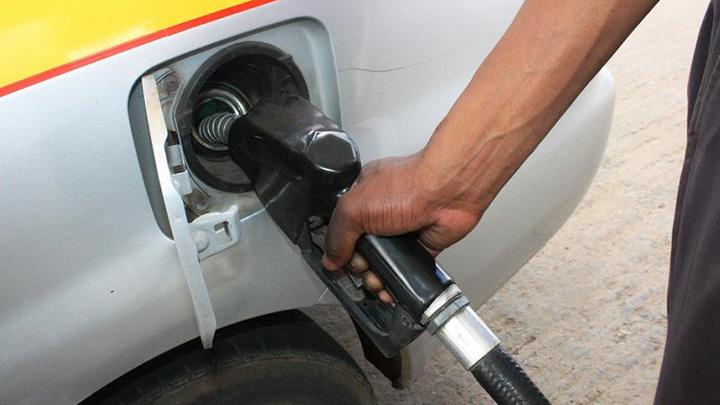Eighteen petrol stations across various regions in Kenya have faced closure following an investigation by the Energy and Petroleum Regulatory Authority (EPRA) into allegations of selling adulterated fuel.
The regulatory body, mandated by Section 92 of the Petroleum Act 2019n and responsible for monitoring petroleum products offered for sale in the local market, conducted a comprehensive analysis of fuel products sold between October and December 2023 at 1600 petroleum sites nationwide.
This is to prevent motor fuel adulteration and the unauthorized dumping of fuels destined for export.
EPRA's findings revealed that a significant majority, 98.38 per cent to be precise, were compliant with regulations.
However, 26 sites, constituting 1.62 per cent of the total, were found to be non-compliant after 7,114 tests.
Read More
"A total of 7,114 tests were conducted at 1600 petroleum sites. From the tests, 1,574 (98.38 per cent) of the sites were found to be compliant. However, tests from 26 (1.62 per cent) sites turned out to be non-compliant," stated EPRA.
Five of the non-compliant stations faced penalties but were permitted to resume operations after settling the fines.
Meanwhile, two stations had their trucks impounded when officials discovered they were transporting fuel intended for export. In a severe case, one station had its fuel confiscated, and its site was demolished for selling kerosene designated for export.
The remaining 18 stations, located in Tharaka Nithi, Bungoma, Homa Bay, Embu, Kajiado, Busia, Kakamega, Kirinyaga, Taita Taveta, Nandi, Nakuru, Laikipia, Baringo, and Siaya, were shut down by EPRA.
These stations were found to be selling super petrol with elevated levels of Sulphuric acid, diesel contaminated with domestic kerosene, kerosene diluted with markers, or diesel with a high content of markers.
Additionally, some were penalized for selling diesel and super petrol meant for export.
The recent crackdown demonstrates EPRA's commitment to maintaining the integrity of fuel products in the Kenyan market, ensuring compliance with quality standards and protecting consumers from substandard fuel.








